HSBC bank has reported that more than 350,000 home owners in the UK who bought a property in 2007 are in negative equity:
http://www.telegraph.co.uk/finance/personalfinance/borrowing/mortgages/8888537/More-than-350000-home-owners-in-negative-equity.html
What does this mean and what should you do if you find yourself in this position?
What’s Negative Equity? Worked Example
Negative equity is essentially where the value of your property is less than the amount that you have borrowed on that property.
If, for example, you bought at property for £100,000, with a £10,000 deposit and a £90,000 mortgage and your property is now worth £89,000, you are in negative equity. If you sell that property for £89,000, the proceeds of the sale won’t actually cover the repayment of the mortgage amount.
If you do want to sell, what happens? In this example, you’d have to pay £1,000 to the lender out of your own money, on top of the proceeds of the sale, to clear off the mortgage.
Why’s This Particularly a Problem for People Now?
It’s becoming more of a problem at the moment because property prices have fallen quite significantly throughout most of the UK in the past few years since the ‘peak’ of the market in 2007. This effectively has wiped-out a lot of property owners’ deposits. This means that they can’t move home because they don’t have a deposit to put into a new property purchase.
Whilst times were good, lenders were lending to property buyers who had very low ‘deposits’ (the money the buyer contributes to the property purchase price), often only about 5% or 10%.
Back then, if your ‘deposit’ on a £100,000 property was only 10% i.e. £10,000, then even if the property’s value didn’t go up, you would sell your property for £100,000 and recover your £10,000 deposit. If you’d saved £5,000 in the meantime, your deposit would then stand at £15,000 and you’d then be able to move to a £150,000 property on the basis of getting a mortgage with a 10% deposit.
The problem now is that many of those property owners have now ‘lost’ their deposits. Not only that, but they will have to pay the lender when they sell their property. And, even if your house hadn’t fallen in value and you recovered your whole deposit from the sale of your property, lenders are generally requiring higher deposits on your next purchase. All of which makes it much, much harder for people to move home.
So What Should You Do If You Find Yourself in This Position? Four Options: Do Nothing, Save, Sell and Rent, Let Your Property and Rent…
I have friends who are in this position, not just clients. For some of them, staying where they are just isn’t a practical option, especially if they have just started a family and need more space or if they have to relocate to another part of the country or indeed to another country entirely.
These are only suggestions for what to do to prevent being ‘stuck’ in the meantime. And before anyone says, ‘that’s easy for you to say, you’re not in that position’: I own two flats that I bought as investments, honestly never expecting that properties in that area would fall by 25% in value. I’m self-employed so don’t get generous pension provisions and they were intended to be my pension one day. They’re both in negative equity. It sucks. So…
The main options for getting out of the position of being ‘stuck’ in your own property are:
a) Bury your head in the sand and hope that property prices will rise again shortly, restoring your deposit and allowing you to move;
b) Save as heavily as possible and accept that you will have to take a ‘hit’ on the sale of your existing home, then buy another one with the ‘new’ deposit that you have saved-up;
c) Sell your own property, accepting that you have to take a ‘hit’ on the sale of your existing home, and rent another one to live in;
d) Rent-out your own property and rent another one to live in.
a) Bury your head in the sand and hope that property prices will rise again shortly, restoring your deposit and allowing you to move
I would definitely not recommend the first option. Why? Property prices are at best stagnant in most parts of Scotland. At worse they are still falling. The longer you sit on the problem, the worse it will get. If you are in negative equity, your mortgage won’t go away but the value of your property might continue to fall, albeit slowly. This just makes the problem worse. It is unlikely, based on pretty much every indicator available, that prices will go up dramatically in the next few years so relying on this happening, although it might just work if the world conspires in your favour, is unlikely to help.
b) Save as heavily as possible, accept you’ll take a ‘hit’ on the sale of your existing home
Saving heavily to build-up a new deposit is only really possible if you have the financial means to do this. This could come from an inheritance, bonus at work, living as cheaply as possible for a while, or a combination of all of the above. If you can do it, fantastic. You have to remember that the drop in value of your own property is probably reflected in the one that you are looking to purchase. However, no matter how much that ‘target’ property has fallen in price in the last few years, you still need a deposit.
c) Sell your own property then rent another one to live in
If you want to ‘stop the rot’ but haven’t been able to save enough to put down a deposit to buy a new place, you can sell now and then rent another property. There is a school of thought that it’s better to be paying rent to someone whilst their property goes down in value than it is to be paying a mortgage on your own property whilst it goes down in value. Of course, you don’t get the various benefits of ownership. However, at least you get the certainty of knowing exactly what your financial position is and then being able to plan for the future: how much do you need to save up over what period of time to be able to buy a property that you really want?
d) Rent-out your own property and rent another one to live in.
The last option is one that a few of my friends have gone for. If you just don’t want to sell, or if you can’t afford to pay the lender the £50,000 shortfall between the value of your property and the amount of the mortgage, you can seek to rent your existing property and rent a property for yourself somewhere else. You will almost certainly be obliged under the terms of your mortgage to inform your lender about the fact your property is now rented. It’s often referred to as ‘consent to let’. Having said that, I know many people who don’t obtain this, though it puts them in breach of their mortgage agreement. As with many things, they become a problem only when you are caught. Some lenders will charge a higher rate of interest if they know the property is being let-out: that’s why some people don’t tell their lender that they are renting-out the mortgaged property. If you do get consent-to-let, you might be able to change your mortgage to interest-only. This will probably reduce your monthly payment quite significantly. You can then go and rent somewhere else and the cost of moving is essentially the difference between what you receive in rent, minus what you pay for your mortgage and what you pay for the new place you are renting.
I know of people who are paying such low interest rates on their mortgage that their monthly mortgage payment is about £100. However, they can’t afford to sell because they are in £20,000 of negative equity and don’t have £20,000 just sitting around. By renting their existing property they actually make a quite significant profit which they can then put towards the rent for the more suitable property that they want to move to. Of course, their cost of living still goes up, but it would be a lot worse if interest rates were higher.
Conclusion
These are only suggestions for what to do to prevent being ‘stuck’ in the meantime. They’re of course not to be taken as investment advice. Indeed, most advice I ever give on buying a property at the moment isn’t investment advice: at the end of the day, buying a property is most often an emotional decision, not purely down to what is the very best use of money from a purely economical point of view. However, if you’re in a position where you ‘have’ to move, or at least really, really want to move, then I hope that the suggestions above might be of a little help.
Are you in any of these situations or have you done anything like this? If so, please leave your opinions and comments below!

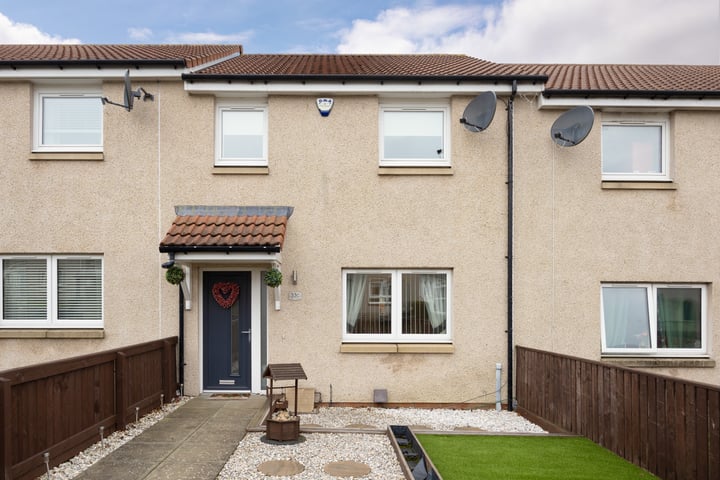
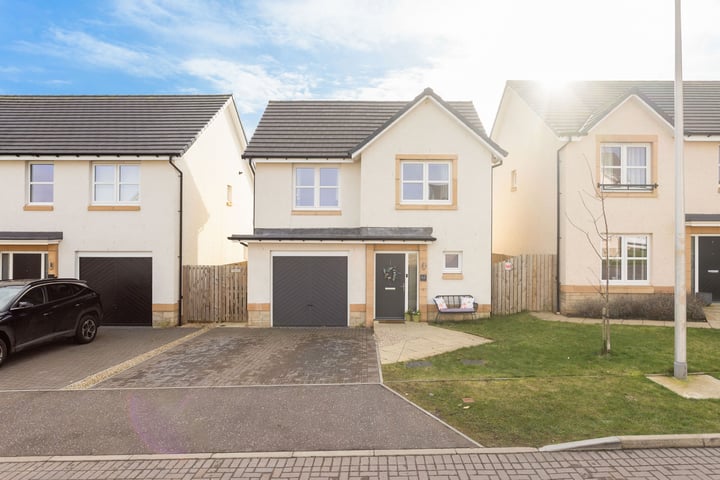
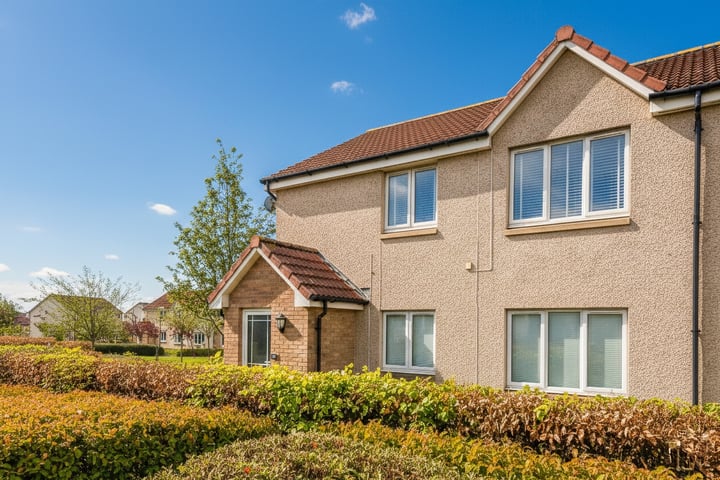
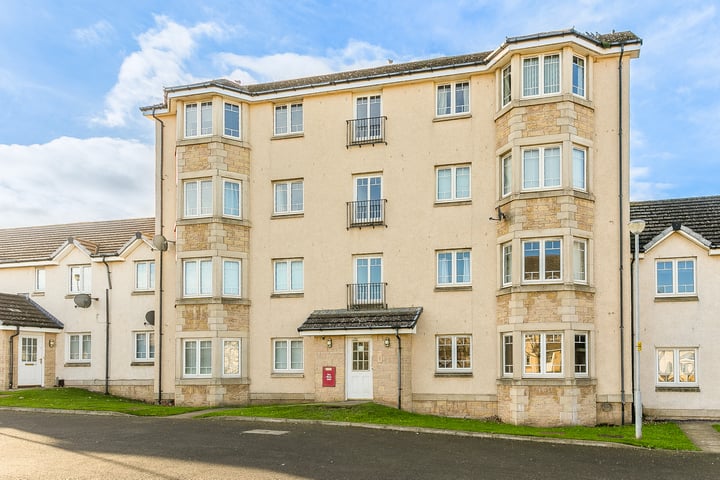
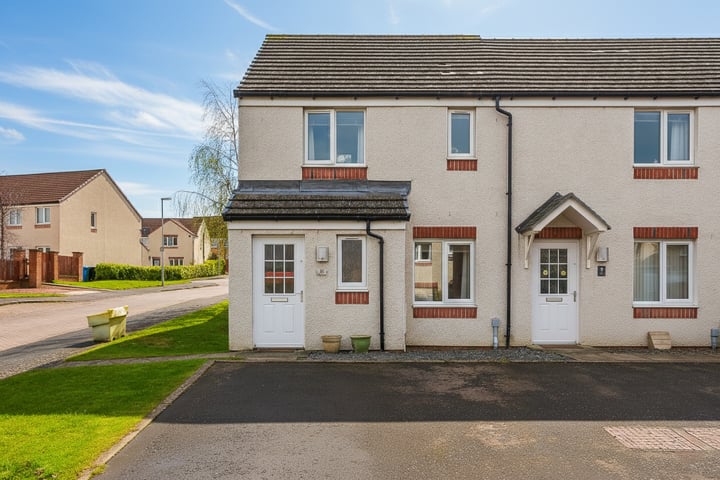
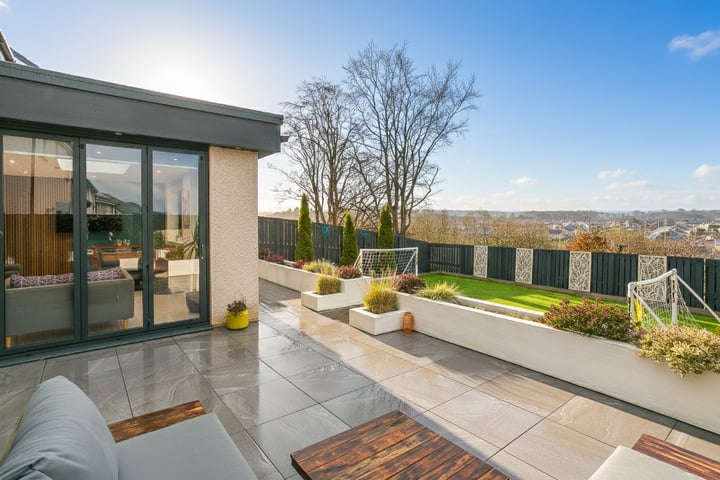
Leave a Reply